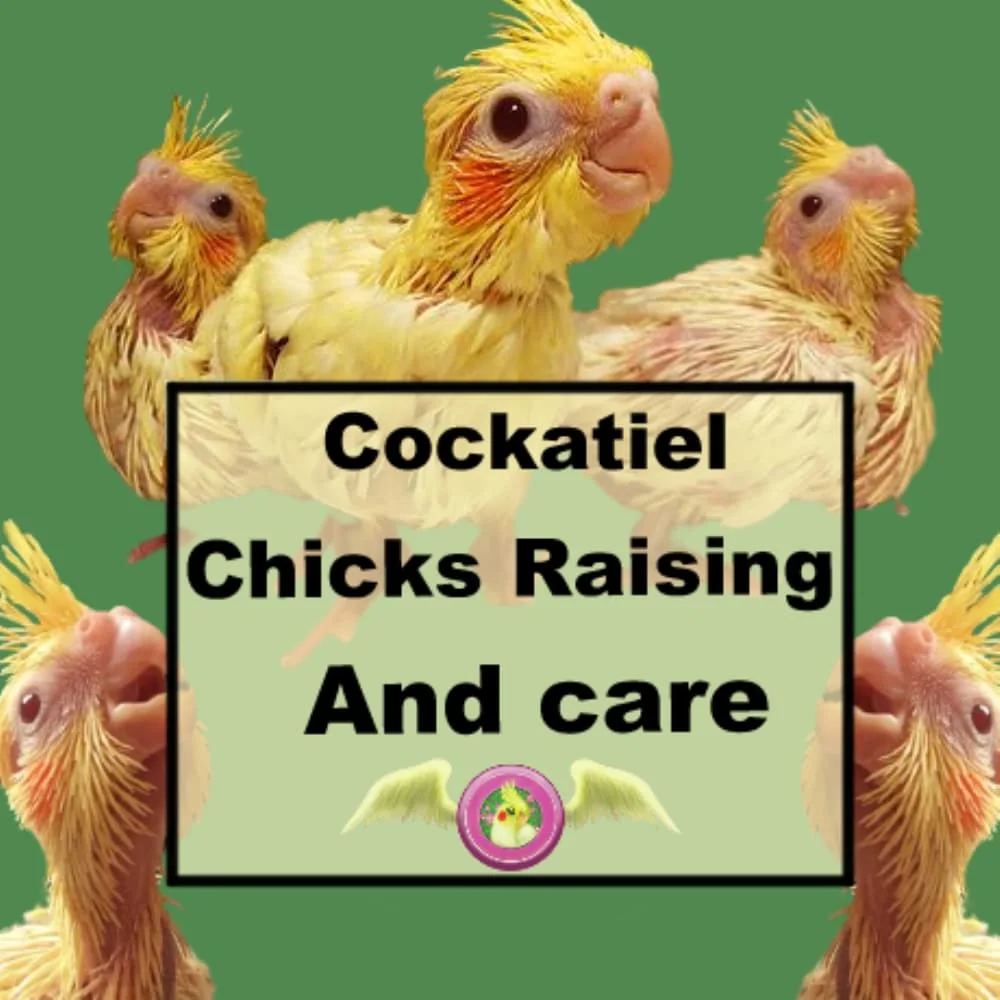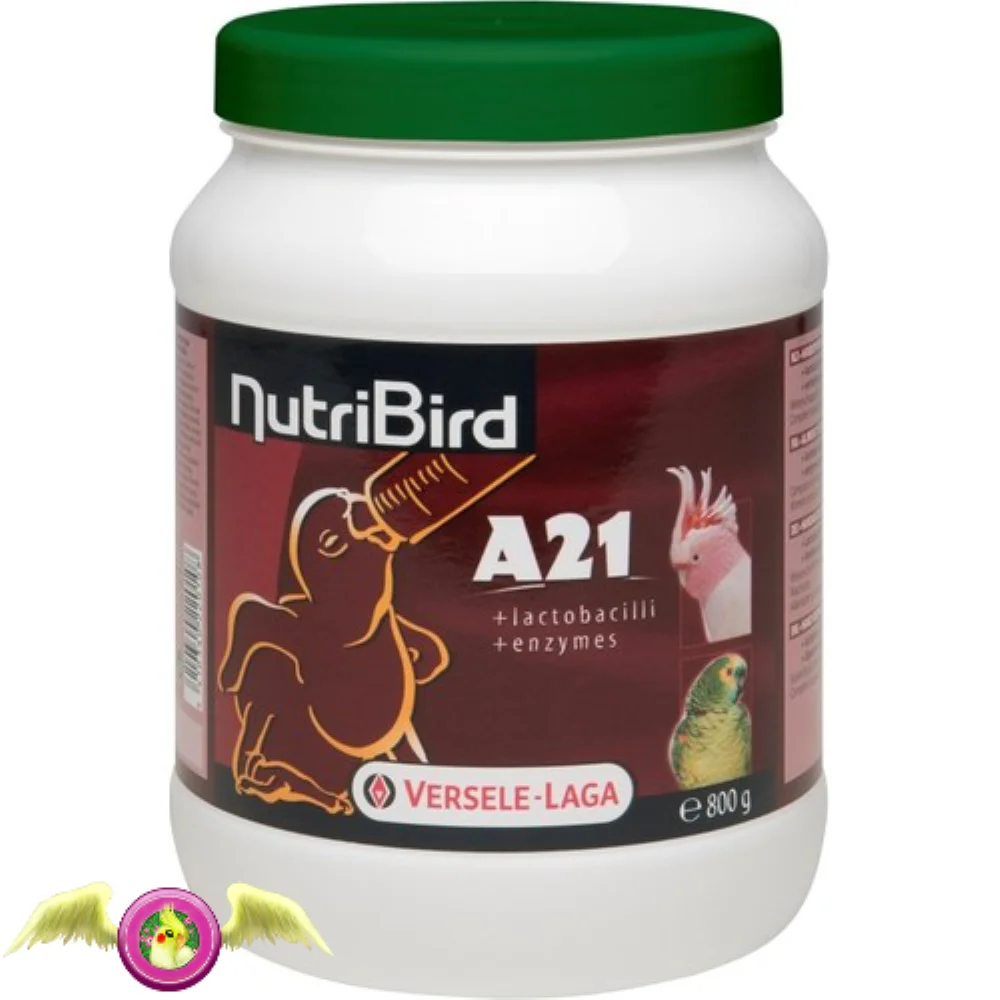
cockatiel chicks hand raising and care If you are planning to raise a cockatiel chick than you need to know everything about cockatiel chick hand raising and care. So, is it hard to raise a baby cockatiel or no? we’ll figure out this and more in our article today.
how to take care of a baby cockatiel?

you need a brooder to keep the baby cockatiel warm, it is also equipped with a heat source, you also need a good hand feeding formula and the tools to feed the chick, such as a syringe. You must have contact with any expert support and vet. Please do not hand feed If you do not have any experience before and follow the information that we will explain below.
When can you start handling baby cockatiels?
The best time to pull them from the nest at 2 to 3 weeks of age. But you may need to know if it Possibly less or more age could be ok. Well, if you wait much longer than three weeks it can be difficult for the chicks to accept hand feeding at first time (Maybe with time they will get used to you). And If you pull the chicks earlier than 2 weeks, they may not get all the natural immunities they need from their parents
best hand feeding formula for cockatiels

Versele Laga NutriBird A21
Versele Laga NutriBird A21 is Hand rearing food for amazons, cockatoos, large parakeets and other baby birds with a high protein requirement Scientifically approved composition with all the nutrients your baby-bird needs. Ensures an optimal growth to completely healthy young birds. Can be used from hatching until weaning. With gut flora stabilizers, prebiotics, digestive enzymes and organic acids to promote digestion. Recommended by veterinarians and used worldwide by ornithological parks and top breeders.
cockatiel feeding
You may use an eye dropper or a syringe to feed the chicks. When the bird opens its mouth, place the syringe or eye dropper into the mouth, over the tongue, to the left side of the bird’s mouth, and administer the formula when the bird swallows. rinse the inside of the bird’s mouth with a few drops of warm water.
Notec: it Necessary to follow the package hand rearing food instructions carefully.
Hand Feeding Tips
Feed hatchlings about every two hours
Use fresh formula each feeding.
When the chicks grow up, decrease the number of feedings, and increase the amount of food.
Keep chicks and hand feeding tools clean.
How do you take care of newly hatched cockatiels?
Newly hatched chicks should be kept in an incubator or any old aquarium should be maintained initially at 37.5° but it should not be lower than 30°. And should be fed every two hours, it is not necessary to feed between midnight and 5:00 am.
1-Try to feel the bird’s crop before feeding to get a sense of how much formula you can give. Overfilling the crop can be dangerous because the extra formula can flow back up the esophagus
Notec: if you are going to be hand feeding many babies can be used. This works quite well on table tops, brooders, tubs, perches, hands, etc. For equipment used in food preparation such as bowls, spoons, syringes, feeding tubes, etc., a solution of Nolvasan works well. It is easy to use and harmless if swallowed.
2-Make sure the formula is not too thick. Thick formula can harden in the crop and sit there, unable to move forward into the stomach. If you suspect that this has happened, try administering a small amount of warm water, and gently massage the crop.
3 -Do not feed newly hatched chicks for the first 10 to 15 hours of life. After this point, you may start with 1 drop of lukewarm water. After this feeding, you may begin to feed a few drops of thin hand-rearing diet every hour.
Days 4 to 9: every 2 hours
Days 10 to 14: every 3 hours
Days 15 to 20: every 4 hours, it is not necessary to feed between midnight and 5:00 am. The formula should have the consistency of creamy milk. Days 21 to 25: a 2 or 3 times daily.
